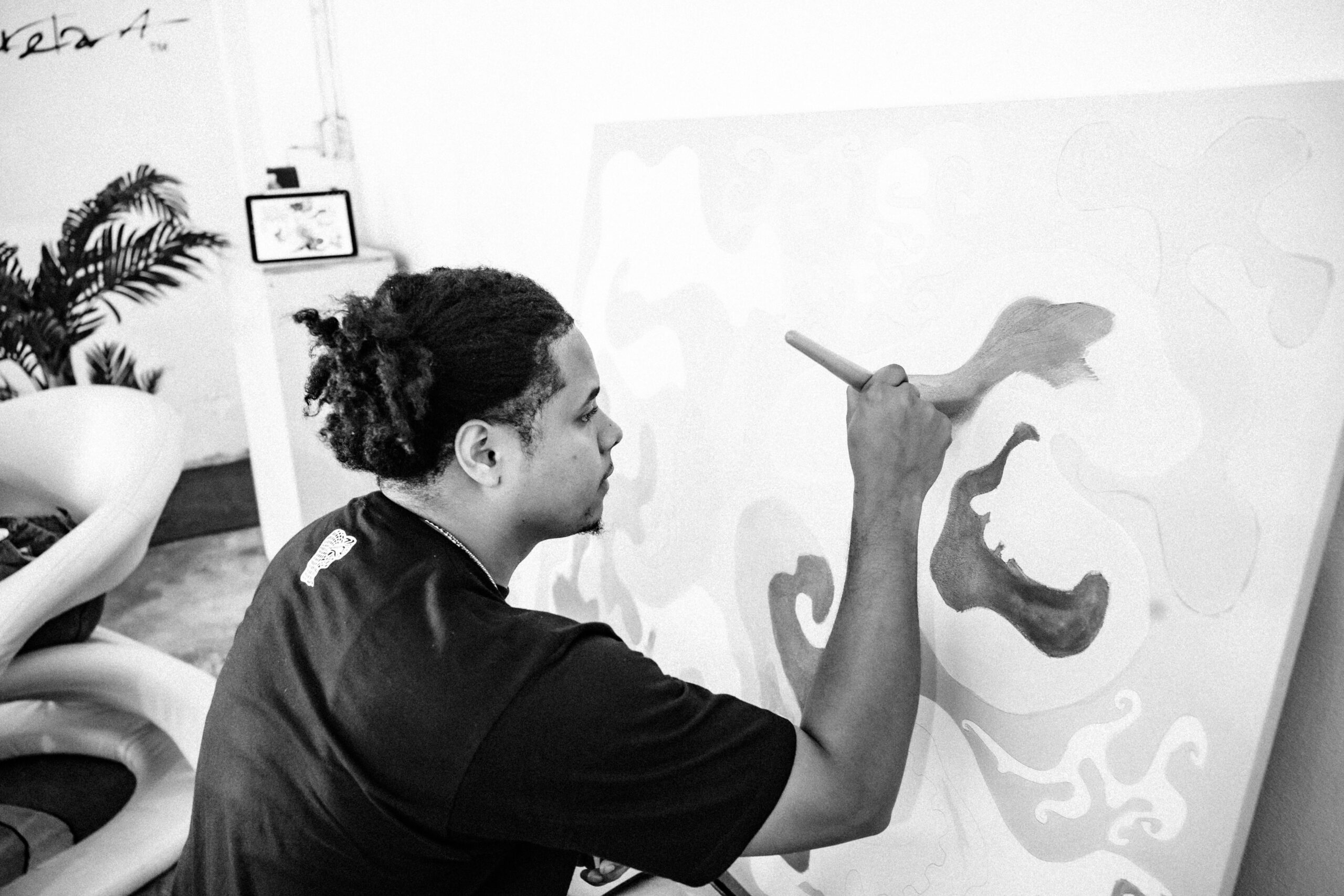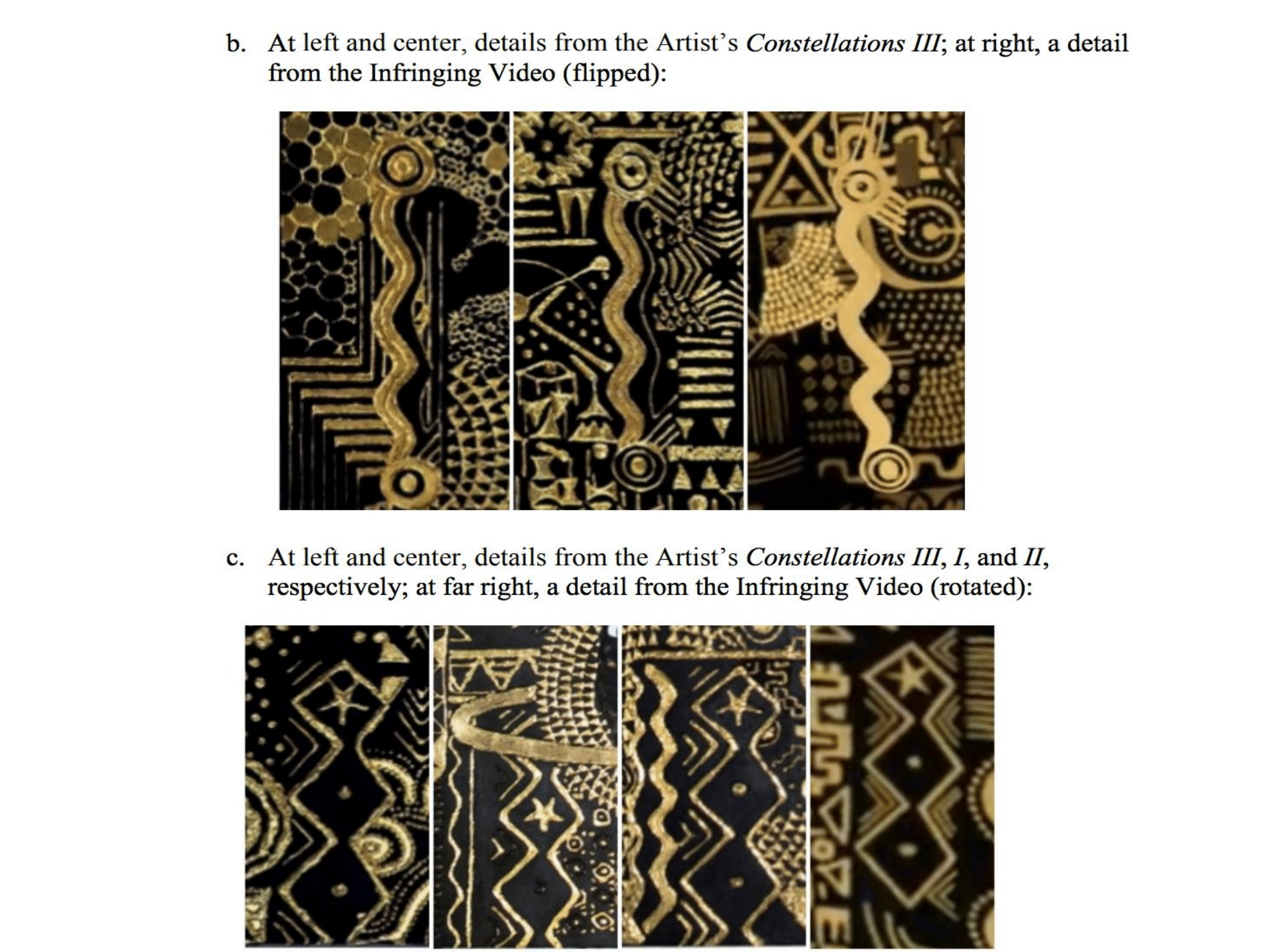As a creative entrepreneur, you might be wondering, “What happens if someone steals my work? Do I have any legal recourse?”
Whether it’s an idea, a design, or a piece of content, it can be frustrating, draining, and expensive if someone steals your work. The good news is that there are options available to protect your work and safeguard your business. By taking proactive measures to protect your intellectual property (IP) and knowing your legal rights, you can minimize the risk of theft and respond effectively when it does occur.
Let’s explore some common myths about protecting your IP, and what you can do if your work is stolen. Read on to get practical advice and actionable tips to fight infringement.
Common Misconceptions About Stolen Creative Work
One of the biggest misconceptions is that if you are a creative and your work is stolen, your only option is to go to court and file a lawsuit. This is far from the truth. In fact, at Creative Genius Law, we believe going to court should be the last resort in most cases. Pursuing litigation for copyright infringement can be expensive, and there are often other legal paths you can take.
It is really important that you take proactive steps to protect your work, such as registering your IP, which we’ve talked about in previous posts. These legal protections can help prevent theft in the first place, and they also give you stronger legal footing if you do need to take legal action.
Another common misconception is that pursuing legal action is too complicated or time-consuming. While it’s true that navigating the legal system can be challenging, working with an experienced attorney can help simplify the process and give you the support you need to protect your work.
What Are Your Options for Pursuing Copyright Infringement?
The first option available to you if your work is stolen is the Digital Millennium Copyright Act (DMCA), which provides protection for anyone whose work is stolen online.
The DMCA requires any internet service provider (including social media networks, hosting companies, and websites like Amazon and Etsy) to have a process in place for people to report copyright infringement and have it investigated. If the party who stole your work doesn’t respond to the internet service provider’s requests within a certain timeframe, the work is taken down. If they do respond and don’t take down your work, your next step is federal courts.
If using the DMCA doesn’t resolve the issue, your second option is to contact the other party directly.
This is something that should only be done with the guidance of an experienced attorney. Your attorney will assess whether there was actually copyright infringement and, if so, will contact the party on your behalf to demand they cease and desist their use of your work and negotiate a settlement fee for the unauthorized license. If the other party is running Google ads for the infringing work, you also have the option to have those ads taken down under the DMCA. This is a separate way for you to have recourse outside of taking down the work itself.
Copyright small claims court is another potential option for you. This is an affordable way for creators to resolve legal disputes without going to federal court. This option is available for claims of $35,000 or less, and both parties must volunteer to participate in the process.
Finally, filing a lawsuit for copyright infringement is always an option, but again, it should be viewed as a last resort due to the expenses involved.
What Copyright Infringement Looks Like: A Mini Case Study f/ Visual Artist Lina Iris Viktor
A few years ago, representatives from Marvel’s team contacted multidisciplinary artist Lina Iris Viktor about lending her art for the Black Panther movie. While she ultimately declined the opportunity, work that was very similar to hers showed up in the music video for the lead single from the Black Panther soundtrack “All the Stars,” featuring Kendrick Lamar and SZA.
In all likelihood, Kendrick Lamar and SZA had nothing to do with this copyright infringement, but nonetheless, Lina’s work was used without her permission. She decided to take action, and filed a lawsuit against the entities responsible. The case ultimately settled for an undisclosed amount. It’s worth noting that filing a lawsuit can be a vehicle for bringing public attention to a harm, and in this case, Lina’s lawsuit sheds light on the importance of protecting your intellectual property as an artist.
Don’t Let Theft Go Unchecked
In our work with creators, we often see cases of copyright infringement — and many creators decide they just want to let the theft go because they don’t feel like they have the time, money, or energy to pursue the issue in the court system. But there are other options available to take action against those who have infringed upon your work.
If you’re an artist or creator facing copyright infringement — or if you want to take proactive steps to protect your creative assets — don’t hesitate to contact Creative Genius Law for legal support and guidance. Fill out our intake form to schedule a consultation with one of our experienced attorneys today.


